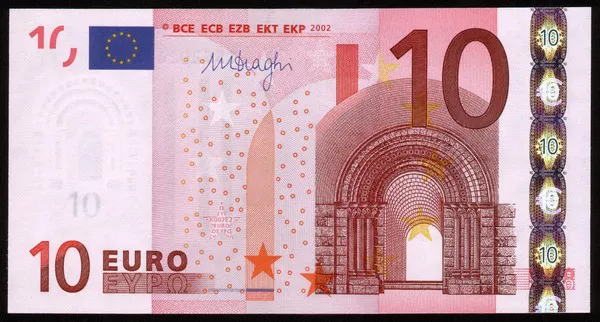The euro is the official currency of the European Union (EU), which consists of 27 member states. Adopting the euro as a national currency is one of the requirements for joining the EU, although not all EU countries have done so yet. In this article, we will take a look at which countries are currently using the euro and why, as well as some of the advantages and disadvantages of adopting the euro as a currency.
1. Eurozone Countries
The eurozone refers to the 19 EU member states that have adopted the euro as their official currency. These countries are:
- Austria
- Belgium
- Cyprus
- Estonia
- Finland
- France
- Germany
- Greece
- Ireland
- Italy
- Latvia
- Lithuania
- Luxembourg
- Malta
- Netherlands
- Portugal
- Slovakia
- Slovenia
- Spain
These countries form a monetary union, meaning they share a common currency, central bank, and monetary policy. This allows for greater economic integration and makes it easier for businesses and individuals to conduct transactions across borders.
Benefits of the Eurozone
- Increased trade and investment within the eurozone due to the elimination of currency exchange costs and fluctuations
- Greater price transparency and competition among businesses, leading to lower prices for consumers
- More efficient allocation of resources and capital, as investors can move funds more easily between countries
- Greater political stability and cooperation among member states, as they work together on monetary and economic issues
Challenges of the Eurozone
- Loss of control over monetary policy, as decisions are made by the European Central Bank (ECB) rather than individual member states
- Limited ability to use fiscal policy to stimulate the economy during recessions, as member states must adhere to strict budget rules
- Uneven economic performance across member states, leading to disparities in unemployment rates and living standards
- The risk of sovereign debt crises, as weaker economies may struggle to repay their debts and require bailouts from the ECB and stronger member states
2. Non-Eurozone EU Countries
Not all EU member states have adopted the euro as their official currency. These non-euro countries are:
- Bulgaria
- Croatia
- Czech Republic
- Denmark
- Hungary
- Poland
- Romania
- Sweden
These countries have opted to maintain their own currencies for various reasons, such as concerns over loss of sovereignty or the need to meet certain economic criteria before joining the eurozone.
Reasons for Maintaining National Currency
- Concerns over loss of control over monetary policy and exchange rates
- Desire to maintain national identity and sovereignty
- Difficulty in meeting the economic criteria for joining the eurozone, such as low inflation and government deficits
- Fear of the costs and risks associated with adopting a new currency
Benefits and Challenges of Maintaining National Currency
- Greater flexibility in responding to economic shocks and fluctuations in global markets
- Ability to use monetary and fiscal policy to stimulate the economy during recessions
- Higher transaction costs and exchange rate volatility when conducting cross-border trade and investment
- Reduced credibility and perceived stability in international markets compared to countries that use the euro
3. Future of the Eurozone
The eurozone faces several challenges in the coming years, including rising debt levels and the impact of the COVID-19 pandemic on the economy. Some have even questioned the long-term viability of the euro as a currency, given these challenges and the potential for political tensions among member states.
Potential Solutions for the Eurozone
- Greater fiscal integration and risk-sharing among member states, including the creation of a common fiscal policy and budget
- Reform of the ECB to allow for more flexibility in monetary policy and greater accountability to member states
- Greater political cooperation and coordination among member states on issues such as trade, immigration, and security
Potential Risks to the Eurozone
- Continued economic disparities among member states, leading to political tensions and the possibility of countries leaving the eurozone
- Lack of public support for further integration or risk-sharing among member states
- The impact of external shocks such as global economic downturns or geopolitical crises
In conclusion, the euro is the official currency of 19 EU member states, while eight non-euro countries have opted to maintain their own currencies. While the eurozone offers benefits such as increased economic integration and stability, it also faces challenges such as uneven economic performance and loss of control over monetary policy. The future of the eurozone will depend on how member states address these challenges and work together to strengthen the economic and political union.
Related Topics:


























